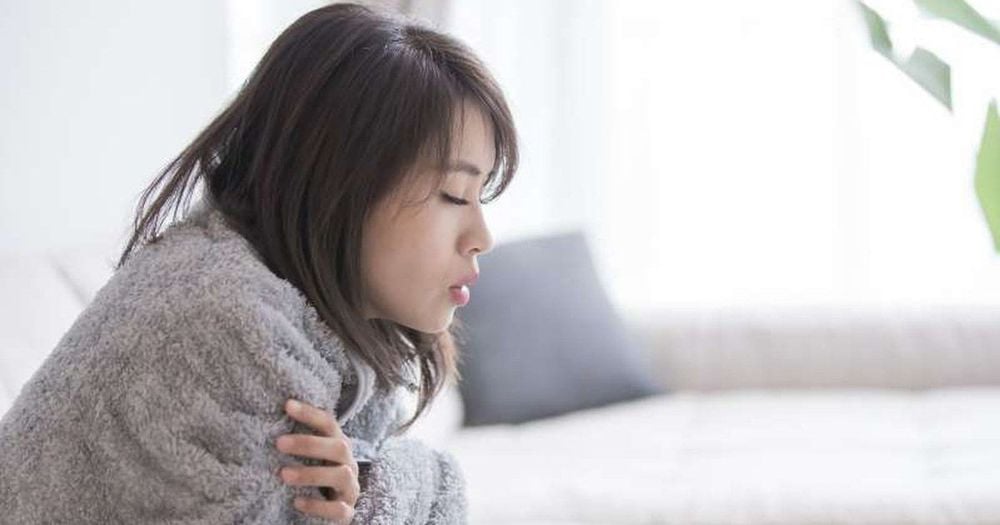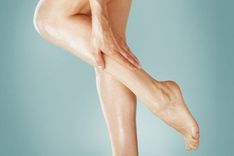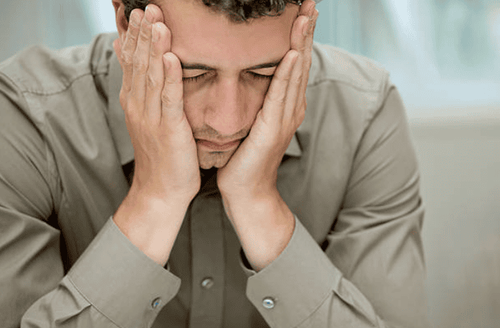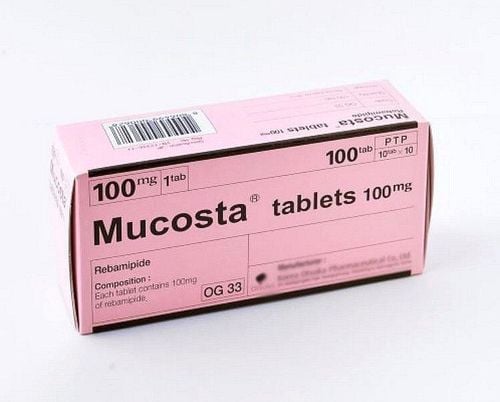Many people experience nocturnal chills. But not everyone knows why this happens. Learn more about the possible causes of feeling cold at night in the article below.
1.What medical conditions can cause nocturnal chills?
Nocturnal chills is the perception of a decrease in body temperature or the feeling that your body is colder than usual. You may feel chills even if your body temperature is normal and your ambient temperature is average.
Nocturnal chills can arise from a multitude of factors. Some are harmless, but others may be indicative of an underlying medical condition, including:
- Hypothyroidism: Your thyroid gland controls your metabolism and body temperature. Low thyroid hormone levels can make you feel cold, even in warm temperatures. Other symptoms include dry hair, brittle nails, fatigue and muscle weakness, weight gain, decreased vision, constipation, and dry skin. Hypothyroidism requires timely medical treatment.
- Anemia: Anemia occurs when your body doesn't have enough iron and red blood cells. Iron helps blood cells reproduce and carry oxygen and nutrients to different parts of the body. Anemia is common in teenage girls, pregnant women, and infants who are not adequately supplied with iron. Adults can become anemic from blood loss or a poor diet. Nocturnal chills may be an early manifestation. Other symptoms of anemia include weakness, loss of appetite, pale skin, chest pain, irregular heartbeat, shortness of breath, and headache.Anemia also requires medical intervention.
- Being underweight: When you're underweight, your body doesn't have enough fat to keep you warm. Your body temperature naturally drops at night while you sleep. Other signs of being underweight include loss of appetite, constipation, dry hair, easy bruising, irregular periods, slow heart rate, dizziness, and depression.
- Sleep deprivation: Not getting enough sleep can make you feel cold at night. Because your body needs enough rest to maintain the metabolism that generates heat in the body. When you are too tired, your body temperature will drop to save energy and this makes you feel chilled. Other symptoms of sleep deprivation include difficulty concentrating, daytime drowsiness, memory problems, increased appetite, weight gain, and mood swings.

- Circulatory problems: When blood vessels constrict, blood flow to your organs is reduced. Blood not only carries oxygen and nutrients but also helps regulate body temperature. Poor circulation can make you feel cold. Activities like smoking, cold swimming, caffeine consumption, eating sugar, and certain medications can worsen circulation. Autoimmune disorders can lead to Raynaud's disease, causing blood vessels to spasm suddenly and reduce body temperature. Other symptoms of circulation problems include changes in skin color, dizziness, tingling, high blood pressure, headaches, and muscle cramps."
- Low muscle mass: Working muscles help generate energy and retain heat inside the body. Low muscle mass will lower your metabolism and make you feel chills at night. Other symptoms of this condition include muscle weakness and slow reflexes.
- Dehydration: If you are dehydrated and don't drink enough water, you may also feel chills at night. Drinking enough water boosts your metabolism, helping regulate your body temperature. Other signs of dehydration include headaches, reduced sweating, dry skin, dry mouth, thirst, increased hunger, and dizziness.

2. What to do about frequent noctural coldness?
To prevent nighttime chills, try these tips:
- Drink enough water during the day.
- Incorporate healthy fats into your diet such as those found in avocados, olive oil, and nuts like almonds, walnuts, and sunflower seeds.
- Engaging in regular physical activity to build muscle mass and strength while combining it with a protein-rich diet.
- Maintain a consistent sleep schedule.Aim for 6-8 hours of sleep per night.
- Consume foods high in iron, such as spinach, lean red meat, molasses, and iron-fortified cereals.
- Vitamin B12 supplements can be taken as directed by your doctor to prevent anemia.
- Wear loose-fitting, warm clothing when sleeping.
- You can use heating devices such as electric blankets.
- A gentle massage can help increase body temperature.
- Enjoy a warm beverage like herbal tea or warm milk before bed.
Chills at night are caused by many causes, some of which may stem from nutrition and lifestyle, patients can improve with change measures. However, if you experience nocturnal chills along with other worrying symptoms, consult a healthcare provider to avoid dangerous complications that may occur.
Please dial HOTLINE for more information or register for an appointment HERE. Download MyVinmec app to make appointments faster and to manage your bookings easily.













